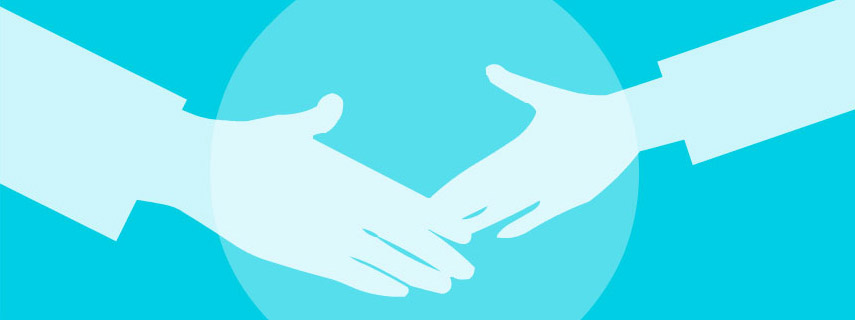At exactly 20:00 hours on Saturday the 1st of August, 2nd line Emergency Response Manager on duty, Geir Haakonsen, received a phone call from the duty doctor on board the West Phoenix. The patient who had been taken to shore to the hospital in Molde had tested positive for COVID-19, the doctor informed him.
Prior to being transported, the patient had been in close contact with several others on the rig — both on the day- and night shift.
This scenario was by no means unfamiliar. The Emergency Response Manager has a medical background. He was a key contributor to the contingency plans prepared for handling infection offshore, as well as the reception services onshore – including infection and quarantine hotels and related collaboration activities.
He also had experienced a similar situation earlier, when a suspected patient on an offshore installation had tested negative.
Within a short period of time, Neptune Energy’s entire emergency response organisation had been mobilised. Rig owner Seadrill and the Kristiansund municipality also mobilised their emergency resources – as did public and private health organisations.
“Who may need this information?”
On Wednesday 26th of August, OFFB and Neptune Energy invited other operators who are members of OFFB to share their experiences in a video meeting in Microsoft Teams. Together with Rolf Håkon Holmboe, Head of HSEQ Norway at Neptune Energy, Geir Haakonsen talked the participants through the incident, and the key learning points taken from it.
The aim of the meeting was to enable the other operators to better meet similar incidents which may occur.
Openness and the sharing of experiences are crucial elements in the emergency response collaboration which characterises membership of the OFFB.
Haakonsen calls attention to close dialogue, good communication and close collaboration during the incident. The key participants in its successful handling include the rig owner, the operator’s strategic 3rd line, logistics management, Kristiansund municipality, as well as public and private health resources.
“Even though we have contingency plans for various scenarios, these plans don’t provide an answer to everything. This incident shows that we also have to be able to improvise,” Haakonsen says, and points to the need for affirmative communication, clear tasks and unambiguous feedback on who, what, when and where.
“You also need to be proactive, and ask yourself: “Who may benefit from having this information?” says Haakonsen.
Coordination and collaboration
The tracking of the infection was implemented immediately. By Sunday night, Neptune Energy already had COVID-19 testing equipment in place on the rig. The device was so new that its seal had not yet been broken.
127 people were on board the rig when the news of the infection was received on August the 1st. In the following days, three further cases were identified. All four infected patients were taken care of on shore and isolated by the Kristiansund municipality. 46 people who had been in close contact with those infected were quarantined in cabins on board the rig.
In addition, 15 people with non-critical tasks were transported to shore and quarantined.
Head of HSEQ Norway Rolf Håkon Holmboe of Neptune Energy travelled from Stavanger to Kristiansund to be there for the quarantined and isolated staff, and to facilitate the collaboration with the municipality and other company partners.
He praises the Kristiansund municipality for its good emergency response, and is pleased to see that Neptune Energy’s testing equipment – which takes an hour to analyse each sample – provides the same results as the samples analysed at the hospital in Molde.
The company has now purchased another testing machine. Both machines will be used to test personnel at Florø, before they travel offshore to Neptune’s installations. Hopefully, Neptune may be able to offer testing to other companies with helicopter departures from Florø.
“In our experience, training is good. But improvisation is a key ingredient in managing the unknown in situations like these. Handling COVID-19 cases offshore is also a big logistics exercise. Having a very operative logistics department to back you up is very good. They really have impressed me,” Holmboe says.
Openness
OFFB’s managing director Ole Jacob Haug praises Neptune Energy and OFFB’s other members for their willingness to share their experiences.
“After an incident, it’s easy to have the companies pass on what’s worked well and what could have been done better. The member companies collaborate well, and they share knowledge, both at regular meeting points like Fagforum and at events like this one,” says Haug.
“I’m a big fan of sharing knowledge quickly, through short séances such as this. And I will continue to facilitate for it to happen more often,” he says.











